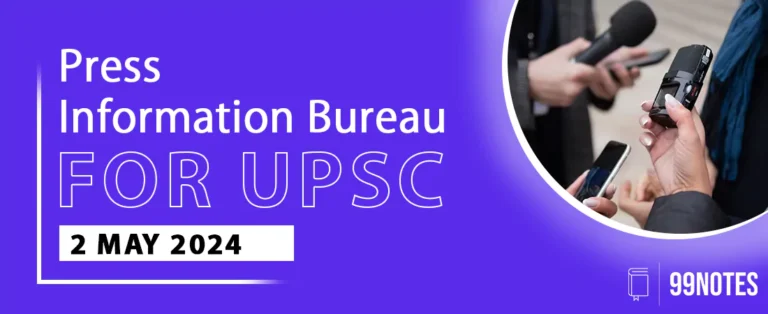9 December 2024 : Daily Answer Writing
Q1) The Uniform Civil Code, although a long-pending reform, must be implemented carefully to protect the diversity of India. Critically examine.
(150 Words/10 Marks)
ANS:
A Uniform Civil Code (UCC) calls for the formulation of common set of laws governing personal matters such as marriage, divorce, succession, adoption etc. to be applicable equally to all religious communities.
The constitution directs the state to “secure for citizens a uniform civil code throughout the territory of India” in the Directive principles [Article 44].
UCC – a long pending reform:
- Equality: (a) it brings in equality within religion and among religions (b) remove discrimination faced by women under personal laws. Ex: No maintenance for Muslim women and inheritance complexities under Islamic law.
- Simplifies and rationalises legal system: (a) removes complexities of multiple personal laws (b) removes anomalies arising due to conflict between civil and criminal laws (c) makes laws more accessible and easier to understand
- Outdated and regressive personal laws: (a) Religious laws are often archaic and patriarchal (b) particularly biased against gender rights. Ex: triple talaq and polygamy. (c) religious laws don’t reflect changing social realities.
- Paves way for modernity and National Integration: (a) creates a common identity (b) reduces sectarian conflicts (c) Delhi HC judgement – personal laws from religion antithetical to modern way of life.
- A single code for all citizens, regardless of religion, would uphold the principle of equality before the law, as enshrined in the Constitution.
Challenges in the implementation of UCC:
- Political opposition – (a) minority groups view UCC as trying to infringe on their constitutionally guaranteed religious freedom. (b) could be perceived as an infringement on religious freedom, guaranteed under Article 25; (c) might pave way for thrust majoritarian way of life on minorities.
- Complex challenges: (a) there are complexities not just among various religions but within religion too. Ex: Marriage laws in North India and South India. (b) practical difficulties in implementing the law (c) lack of consensus among wider stakeholders like political parties, religious organisations, law experts and women’s organisation; (c) drafting a UCC that respects the sentiments of all communities while ensuring justice and equality is a difficult task.
- Homogenises and divides – (a) might dilute religious and cultural identities, leading to resistance from various communities; (b) might lead to frictions among religions and within religions.
- Unilateral application of UCC like the Western countries can lead to social problems for minorities, given the heterogenous Indian society – this leads to riots, lone wolf attacks and protests. A hasty decision on UCC can lead to similar situation in a diverse country like India.



